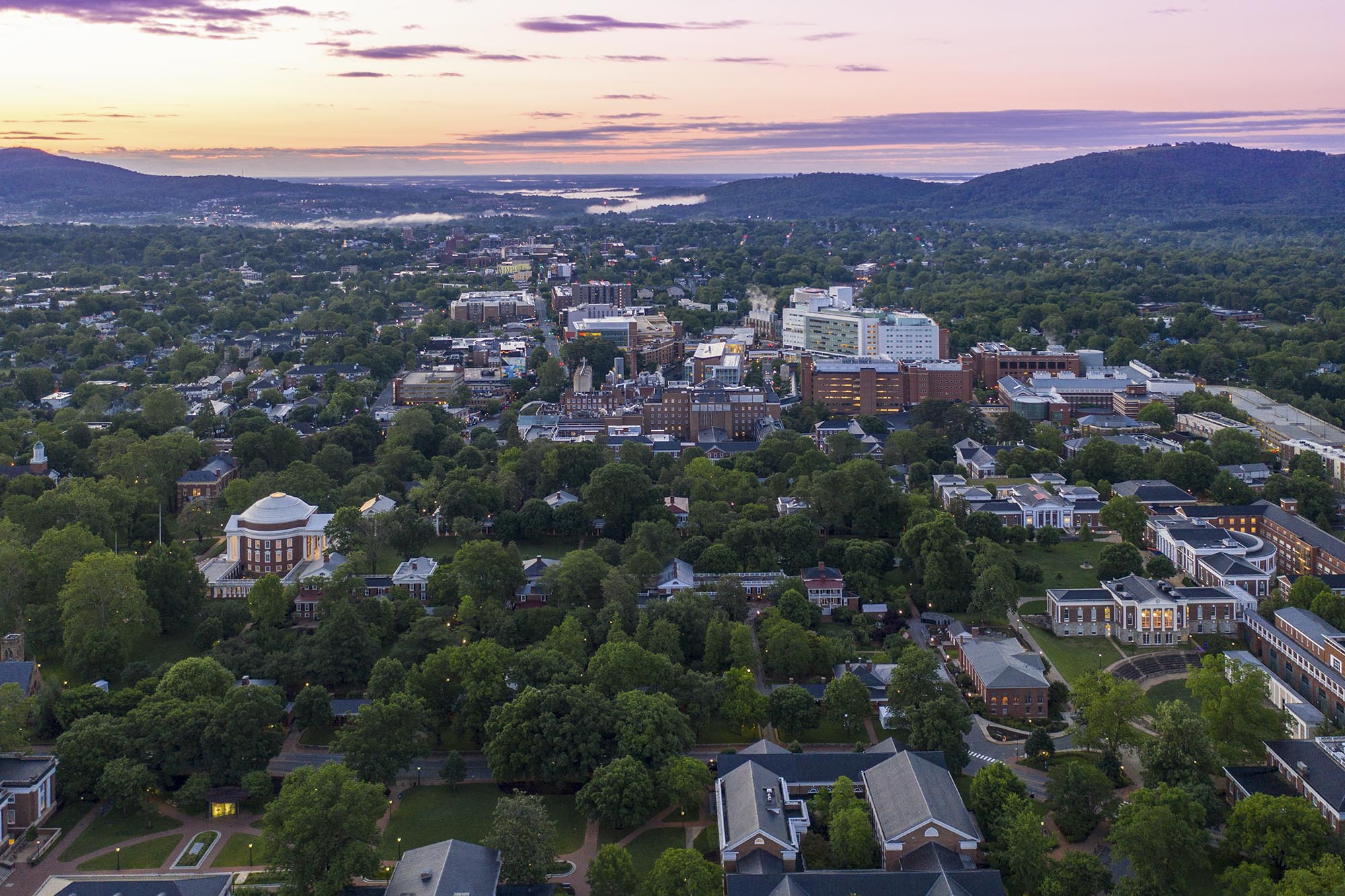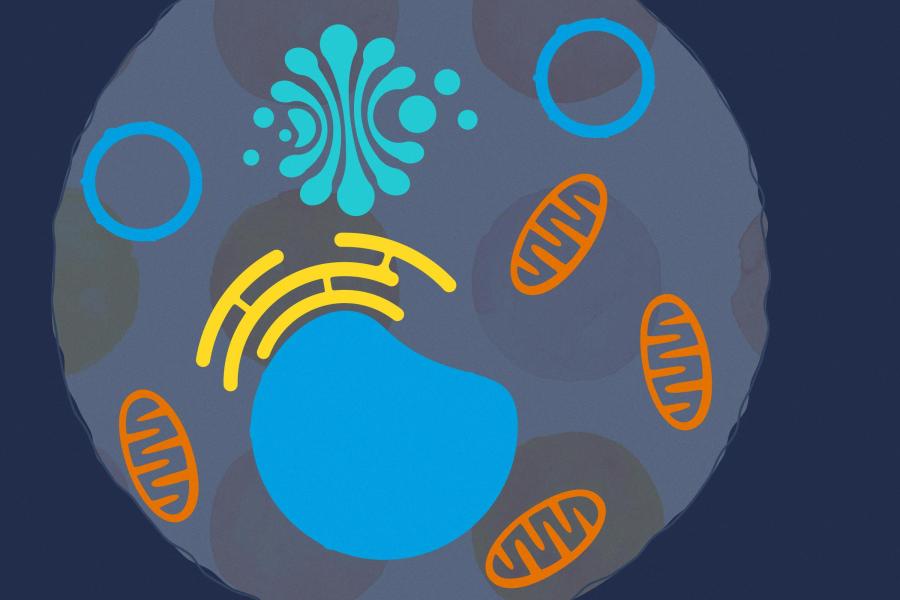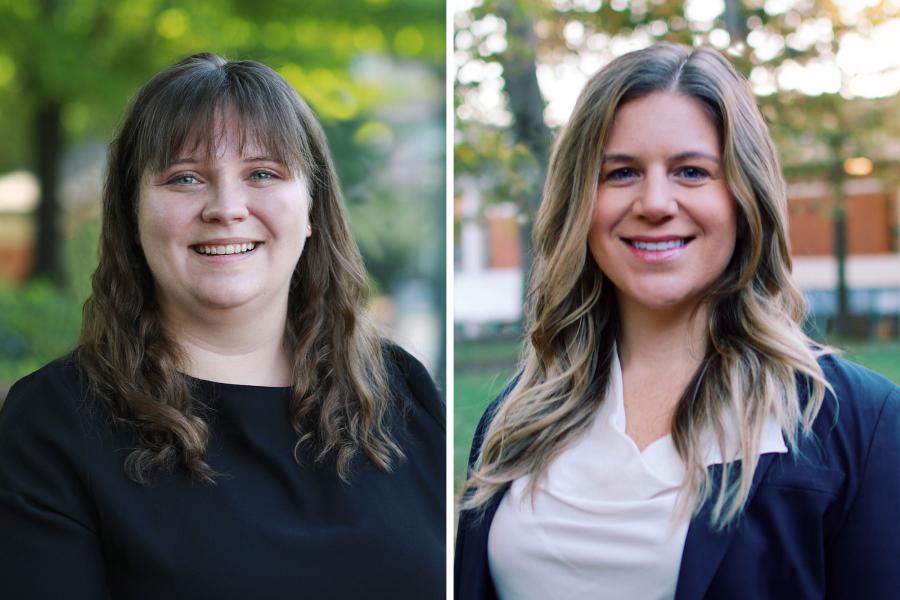A new program to improve health care access for people living in Central Virginia neighborhoods with high rates of chronic diseases and significantly shorter life expectancies is now welcoming referrals for its first participants.
The program, called WellAWARE, is serving residents of Charlottesville’s Rose Hill and 10th and Page neighborhoods.
These neighborhoods have the highest rate of cardiac arrests in the city, and are in the top three for stroke and diabetic emergencies. A quarter of the homes in these neighborhoods have no internet access at home. The life expectancy in this area is 11 years shorter than that of other neighborhoods less than a mile away. Through a partnership between UVA Health and its Office of Diversity and Community Engagement, the Charlottesville Free Clinic and Central Virginia Health Services, WellAWARE hopes to improve the health inequity these figures demonstrate.
WellAWARE will employ community health workers who ideally live in the communities served and have built-in networks and trust. They will work to make connections with neighbors, discuss their health issues and concerns, provide basic health education and connect them as needed to health care services. Their goals are to help residents address their current health issues and assist them in accessing preventive care.
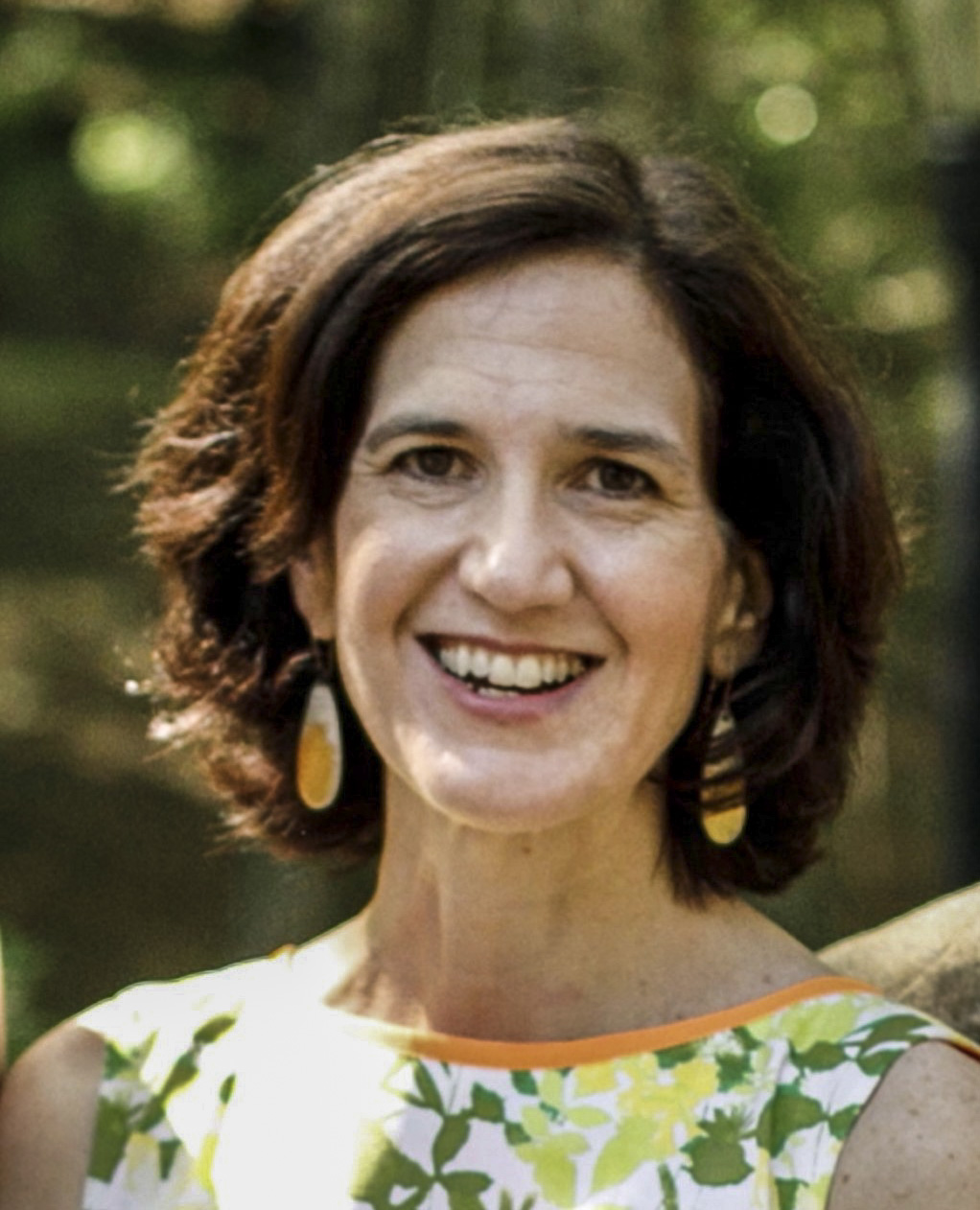
Betsy Peyton, a registered nurse with 20 years experience in community health, schools, and psychiatric settings, is director of the WellAWARE program. (Contributed photo)
WellAWARE is modeled on other successful community health worker initiatives, including Richmond and Henrico Health District’s Resource Center Program.
“Many of our neighbors in Charlottesville face significant barriers to better health,” Betsy Peyton, director of WellAWARE, said. “It may be they had a bad experience with a doctor as a child or general mistrust in the medical profession. Or maybe they don’t have a car to get to appointments. It could also be that they think that because they don’t have insurance, they can’t see a doctor or dentist. Our community health workers will take all of this into account, and meet neighbors where they are in their relationship to the health care system.”
“We approach our work with humility,” Peyton added. “We will never say, ‘We know what’s best for you and we are here to fix you.’ Instead we will share our observations about their particular situation and ask whether they are interested in working together to find solutions to their health issues.”
Community health workers will help neighbors decide where they would like to establish care. When possible, they will help arrange transportation to appointments and accompany community members to their appointments.
“We’ve all been in a situation where our health care provider is delivering a lot of information to us all at once, and we think we hear what they are saying, but by the time we get back home, we’ve forgotten or misunderstood some of what we were told,” said Paula Tomko, CEO of Central Virginia Health Services. “Having a community health worker with our patients at their appointment will help nervous patients feel more at ease, and will be an extra set of eyes and ears to help the patient follow through with the provider’s recommendations.”
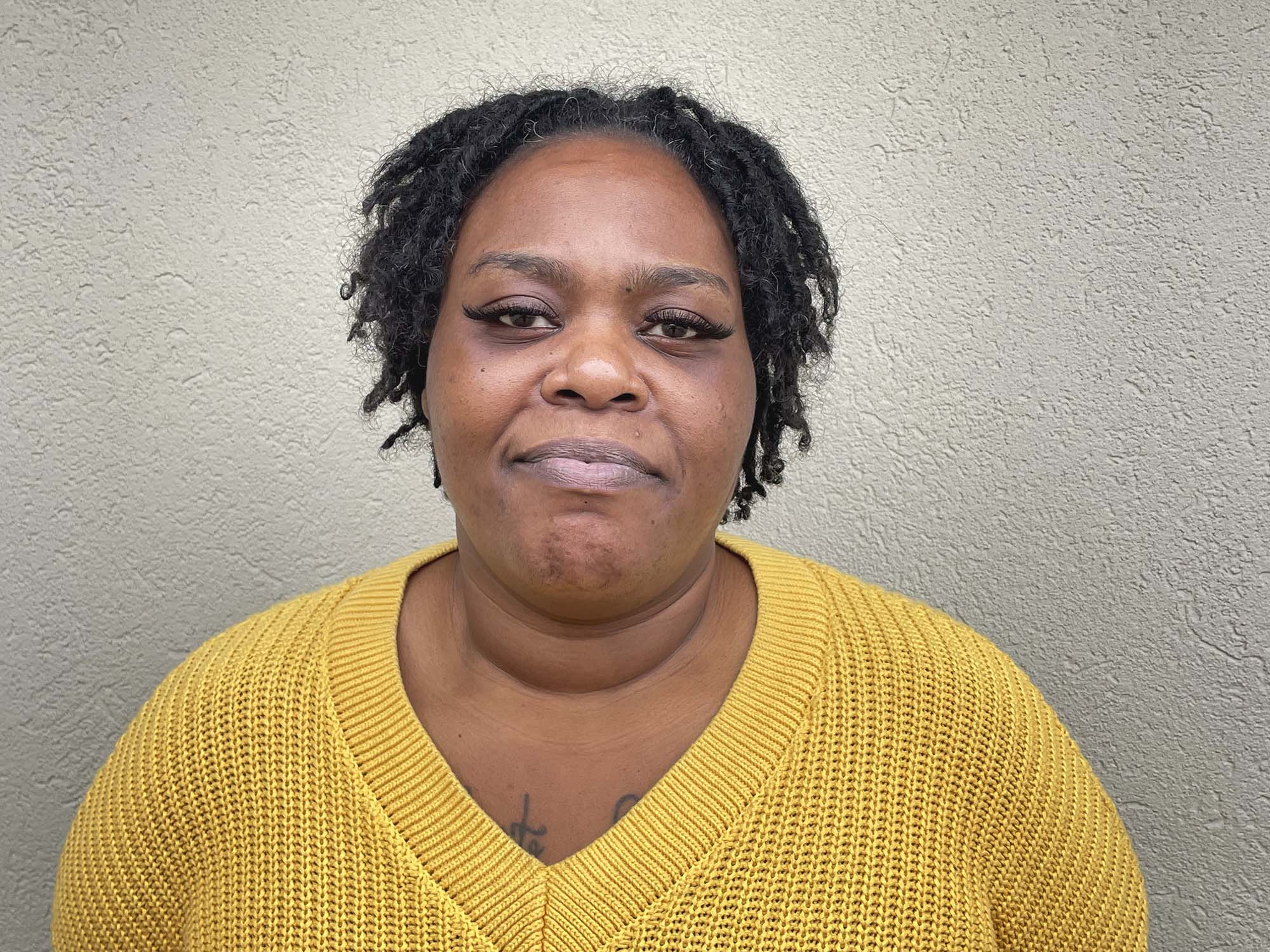
Tracy Cooper, who has worked previously with PACEM and Charlottesville Parks and Recreation, is WellAWARE’s first community health worker. (Contributed photo)
Community health workers will also help connect neighbors to other resources they need that are considered “social determinants of health,” like housing or food assistance.
Bishop George Gohanna, president of the Rose Hill Neighborhood Association and a member of WellAWARE’s leadership team, grew up on Charlton Avenue. He remembers a time when “the doctor’s office was just up the street. He knew your family, so the care we received was personal and respectful. I believe that WellAWARE’s community health workers can help restore that feeling of knowing and trusting the health care system.”
